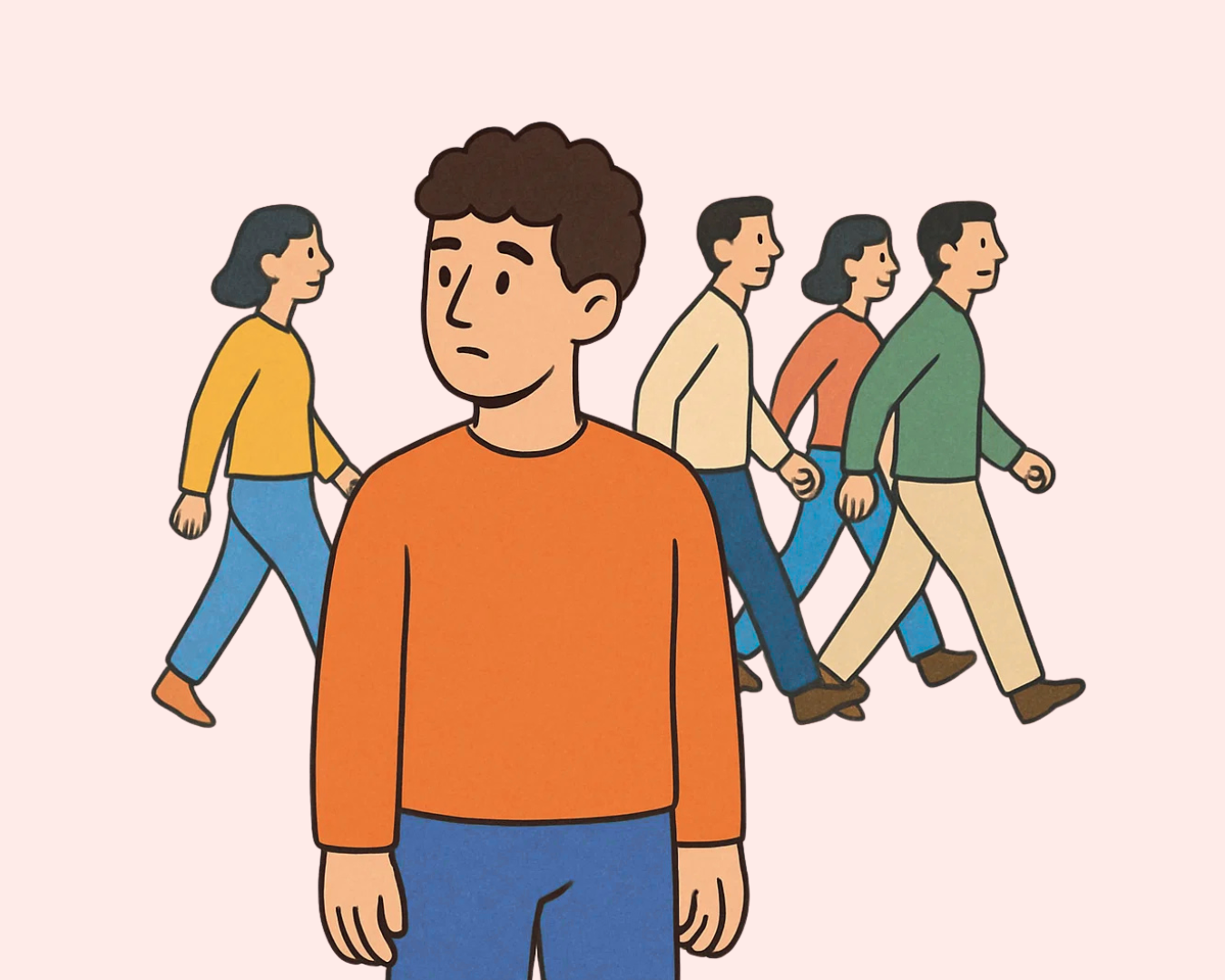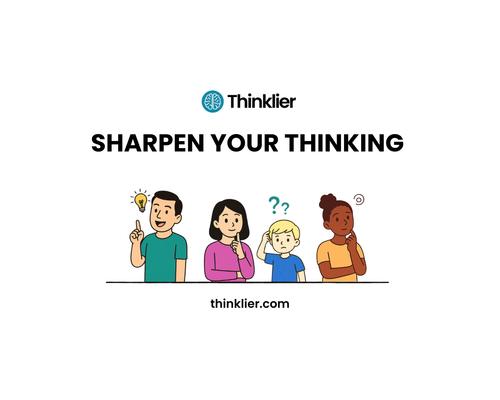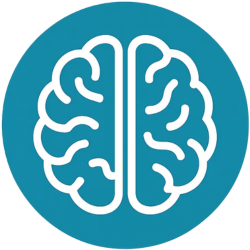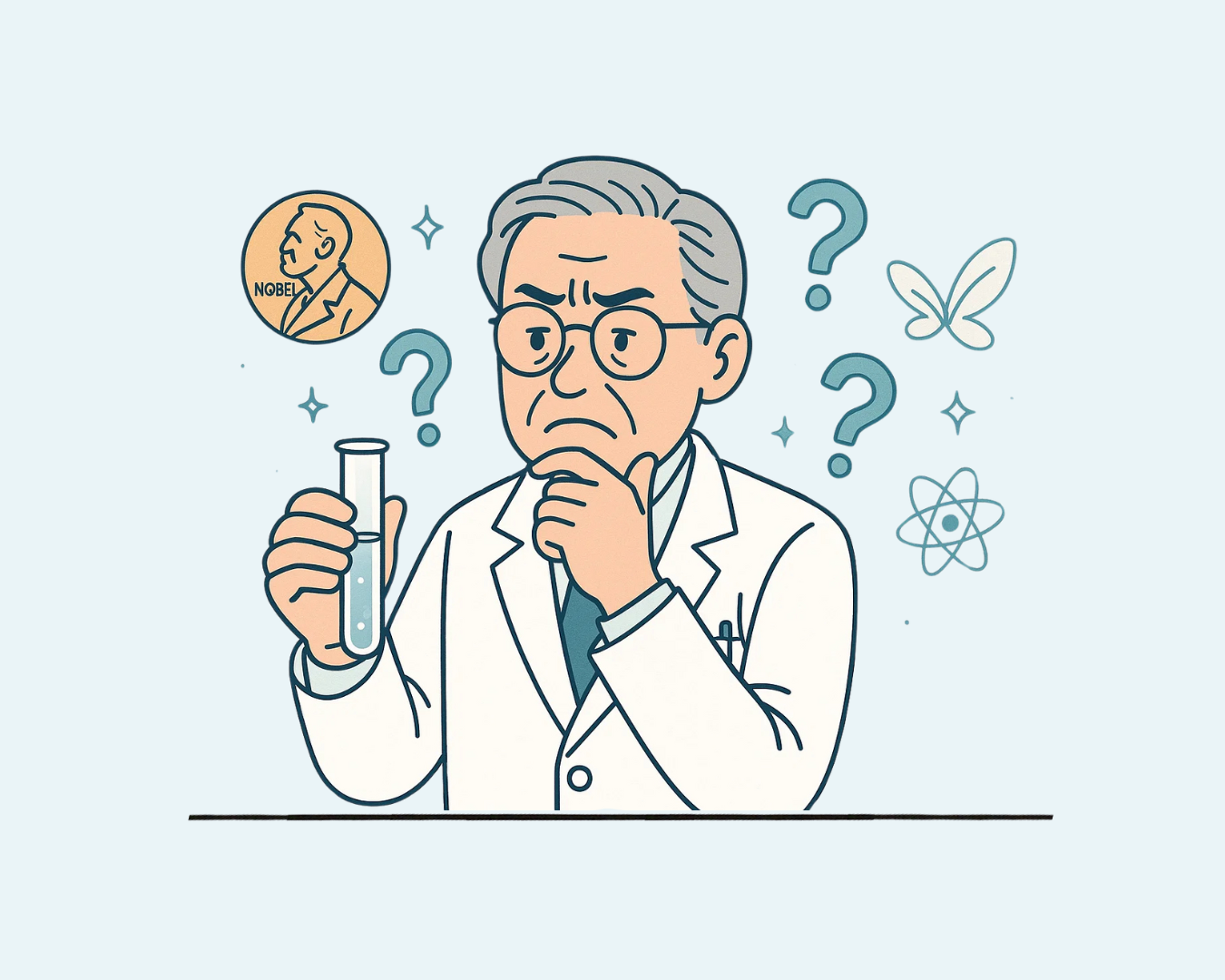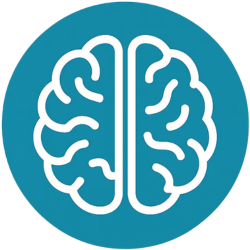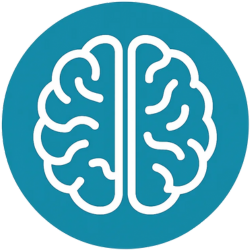In 2008, Luc Montagnier stood before an audience of scientists and made a claim that left many of them reeling. Montagnier, who had shared the Nobel Prize for discovering HIV, was now promoting the idea that water could retain the "memory" of substances long after they had been diluted away. In other words: homeopathy. To many in the room, it sounded indistinguishable from magic. How could someone so brilliant believe something so... irrational?
It wasn’t a one-off. History is littered with examples of brilliant minds endorsing baffling nonsense. Arthur Conan Doyle, the creator of Sherlock Holmes, believed in fairies. Linus Pauling, a two-time Nobel laureate, claimed vitamin C could cure everything from colds to cancer. Many members of the Heaven's Gate cult—who believed a spaceship trailed the Hale-Bopp comet—were engineers and IT specialists. Intelligence, it seems, is no safeguard against foolishness.
The illusion of immunity
We often treat intelligence as a kind of mental armour: if you’re clever enough, you’ll see through lies and resist irrational beliefs. But the data tells a different story. Studies show that smarter people are often more entrenched in their views, more prone to ideological polarisation, and more skilled at defending what they already believe.
Why? Because intelligence helps us justify, not just question. A quick mind can cherry-pick evidence, mount persuasive arguments, and explain away contradictions with ease. The smarter you are, the better you are at rationalising. Psychologists call this "motivated reasoning": we use our intellect not to find truth, but to protect our identity, status, or tribe.
When identity hijacks reason
Dan Kahan, a Yale law professor, has spent years studying what he calls "identity-protective cognition." In one study, participants were given data about a skin cream and its effects. Most interpreted the data correctly. But when the exact same data was framed around gun control, people became wildly biased: liberals and conservatives interpreted the numbers in line with their existing views.
What changed? Not the data. Just the context—specifically, how much it touched people’s sense of identity. And the more numerate, analytical participants were actually worse at overcoming their bias. Their skills had simply made them better at defending what they wanted to believe.
This is the paradox: intelligence can entrench us. It gives us sharper tools, but doesn’t tell us when we’re using them to build something solid—or to dig ourselves deeper into a hole.
The emotional brain
Jonathan Haidt, the moral psychologist, puts it like this: we think we’re riders steering an elephant, calmly directing our beliefs. But really, we’re the elephant—our intuitions, emotions, and instincts—and our reason is the rider, scrambling to justify where we’re already going.
Smart people aren’t immune to this. They’re just better at making the story sound convincing.
Arthur Conan Doyle was a master of logic on the page. But after the death of his son, he longed to believe in an afterlife. That emotional need overrode the skeptic within. He embraced spiritualism, and even declared that a photograph of paper cut-out fairies was genuine evidence of the supernatural.
Doyle wasn’t an idiot. He was grieving. And his brilliant mind built a fortress of reasons around what his heart desperately needed to believe.
What protects us
If intelligence isn’t enough, what is? Psychologists point to a cluster of traits that together form what some call "mental immunity":
- Intellectual humility, — the ability to admit you might be wrong
- Curiosity — a desire to explore rather than defend
- Emotional regulation — the capacity to pause before reacting
- Metacognition — awareness of your own thinking patterns
It’s not that these traits make you invulnerable. But they can help you notice when your cleverness is being hijacked by fear, pride, or tribal loyalty.
Luc Montagnier wasn’t a fraud. But he lost his scientific bearings in later years. Some say he became isolated, surrounded by admirers but cut off from honest criticism. It’s a pattern we see often: intelligence coupled with success can create an echo chamber where self-doubt fades, and with it, the very thing that protects us from error.
In the end
Being smart isn’t the same as being wise. One is about processing power. The other is about perspective.
If we want to think clearly in an age of outrage and information overload, we need more than brains. We need the strength to slow down, question ourselves, and—when necessary—let go of ideas we once held dear.
Because the most dangerous beliefs aren’t held by the ignorant. They’re defended by the brilliant.
Further reading
The Righteous Mind: Why Good People Are Divided by Politics and Religion
by Jonathan Haidt
Haidt’s exploration of morality, tribalism, and group identity helps explain why even smart people follow herds — and how we might transcend them.
Extraordinary Popular Delusions and the Madness of Crowds
by Charles Mackay
A timeless deep-dive into history’s most bizarre examples of collective belief, from financial bubbles to moral panics. Uncomfortably relevant today.
Mistakes Were Made (But Not by Me)
by Carol Tavris and Elliot Aronson
A brilliant breakdown of cognitive dissonance and self-justification — why smart people double down on dumb beliefs even when the evidence crumbles.
Enjoyed this? Go deeper with our free Thinking Toolkit
A 10-part course to help you think more clearly, spot bad arguments, and build habits for sharper reasoning.

You might also like...
